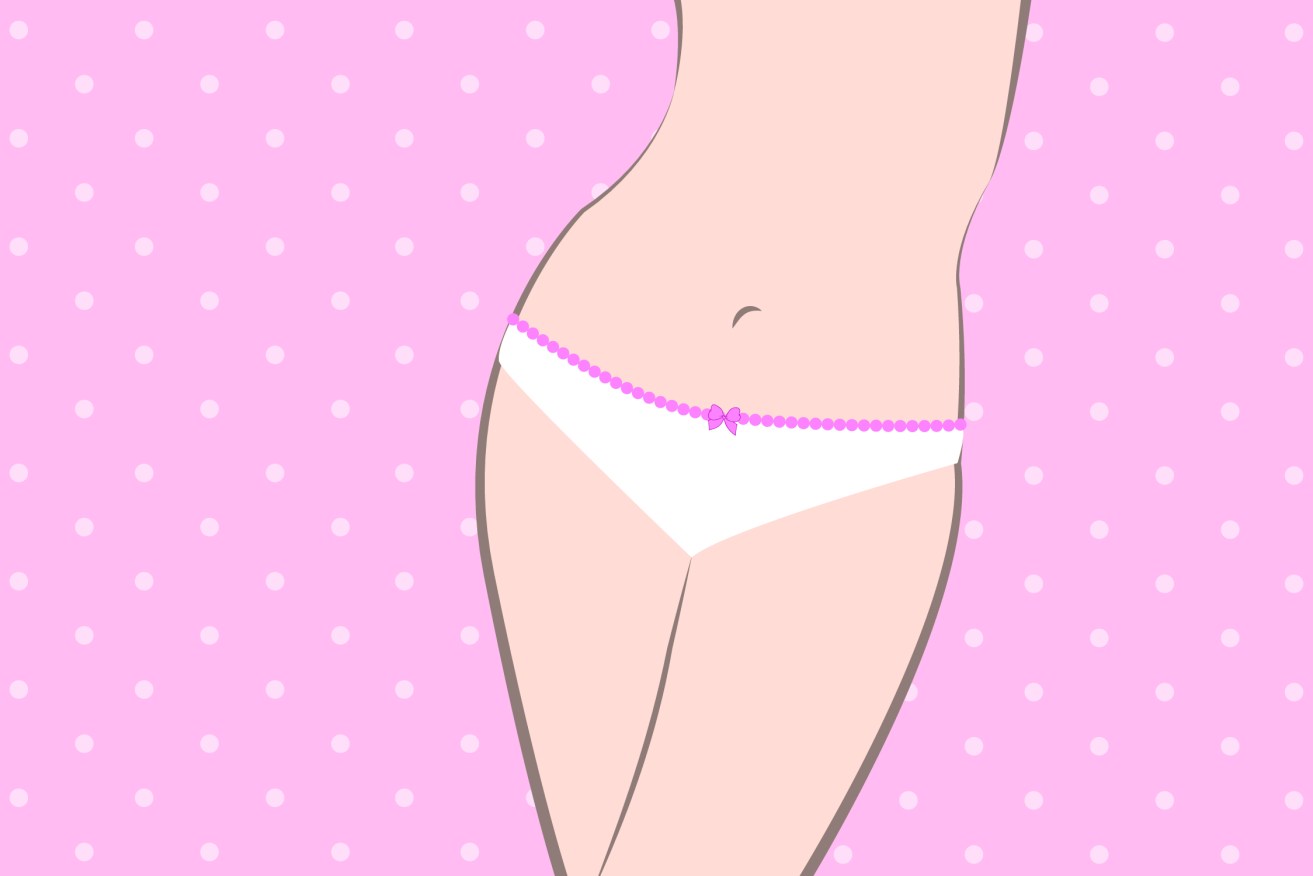
Seven minutes or the knife: short video aims to improve body image
Watching one short video could influence whether some women choose to undergo labiaplasty surgery, according to Flinders University Psychology researchers who have published a study on how women’s perception of ‘genital normality’ can be altered through education.

Illustration: Leah Zahorujko
The study, published in Body Image: An International Journal of Research, surveyed 136 female undergraduate students and measured the effectiveness of two online resources – one a video, the other a photo resource – designed to improve women’s knowledge of the variation in normal genital appearance and their attitudes towards their own genitals.
It comes as the number of cosmetic surgeries continues to rise dramatically, with labiaplasty, which reduces the size and/or changes the shape of the labia minora, cited as one of the fastest growing procedures in the US (ASAPS, 2014) – and similar trends reported in Australia (Australian Government Department of Human Services, 2015).
With the permission of the ABC, Flinders University Clinical Psychology PhD candidate Gemma Sharp and Professor Marika Tiggemann used a 7-minute video produced for the Hungry Beast TV series, which explained the digital removal of labial tissue in soft-core pornography.
After the participants had watched the video, their perceptions of normal female genital appearance were measured by presenting them with six photographs of female genitals and asking them to measure them on a scale of 1-5 for normality.
They found participants who viewed the video provided higher normality ratings (M = 3.50, SD = 1.13) than those who did not (M = 2.95, SD = 0.94), supporting their hypothesis that education would increase women’s understanding about the variation in normal appearance of genitalia.
Significantly, many women who participated in the study said they would provide advice to other women who were dissatisfied with their appearance, opening up the possibility that they could dissuade others from undergoing a labiaplasty due to a perceived abnormality.
While Ms Sharp said the findings were unlikely to influence women who already felt their genitals were normal but wanted an ‘improved’ look, she said they could be used to help provide better advice for women who wanted surgery because they felt they were abnormal.
She also said such tools could be valuable in educating younger girls about their bodies and what they should expect when they reached puberty.
“It was never our intention to persuade women one way or the other about having a labiaplasty, we simply wanted to find out whether or not they had a realistic idea of what normal actually looked like, and to ensure they made informed decisions,” said Ms Sharp.
“We conducted a media education survey as part of the study, which showed that many women hadn’t actually seen many examples of female genitalia, and those who had were often looking at content that was modified through air brushing.
“Through our study we hope we can contribute to women having a better understanding of their bodies so that whatever decision they make is an informed one.”
Ms Sharp is currently looking for women aged 18 years and over from throughout Australia who have undergone a labiaplasty to share their experiences and participate in an online survey.
For more information or to participate in the survey, go here.




